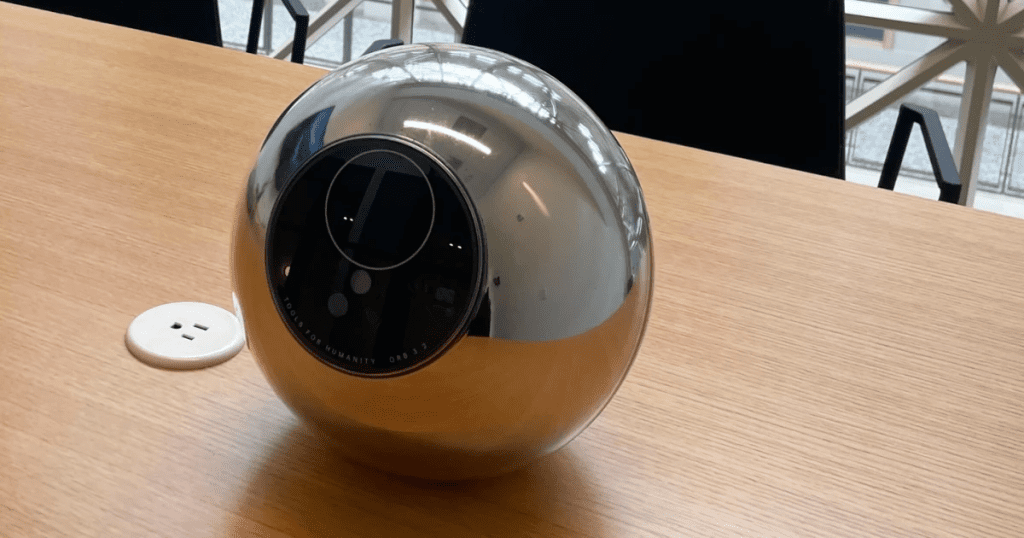Key Points:
- Spain’s High Court upholds a temporary ban on Worldcoin’s iris-scanning venture.
- Worldcoin, co-founded by OpenAI CEO Sam Altman, aimed to create a global identity system through iris scans.
- Spain’s Worldcoin ban follows complaints to its privacy watchdog over inadequate information disclosure.
According to Reuters, Spain’s High Court has upheld a temporary ban on Worldcoin’s iris-scanning initiative, delivering a significant setback to the project, which has raised privacy concerns globally.

Spain’s High Court Upholds Ban on Worldcoin’s Iris-Scanning Project
The court’s decision, which prioritizes the “safeguarding of the public interest,” follows an appeal dismissed by Worldcoin’s proprietors.
Co-founded by OpenAI CEO Sam Altman in 2019, Worldcoin seeks to establish a worldwide identity system by offering individuals free cryptocurrency and a digital ID in exchange for iris scans. However, Spain’s privacy watchdog suspended the venture last Wednesday due to complaints regarding inadequate information disclosure, data collection from minors, and the inability to withdraw consent.
Spain’s Worldcoin Ban Reflects Concerns Over Biometric Data Privacy
Spain’s Worldcoin ban decision comes after Spanish regulators banned Worldcoin from collecting and utilizing user data in the country, prompting the company to initiate a legal challenge against the temporary ban.
The AEPD emphasized the heightened risks associated with processing biometric data, which is subject to special protection under the European Union’s General Data Protection Regulation (GDPR). It directed Worldcoin to cease both data collection and utilization immediately.
Despite Worldcoin’s claims of having over four million sign-ups from 120 countries, the project faces substantial regulatory hurdles. Spain’s Worldcoin ban underscores the growing scrutiny surrounding data privacy in the digital age, especially concerning sensitive biometric information.
| DISCLAIMER: The information on this website is provided as general market commentary and does not constitute investment advice. We encourage you to do your own research before investing. |






















